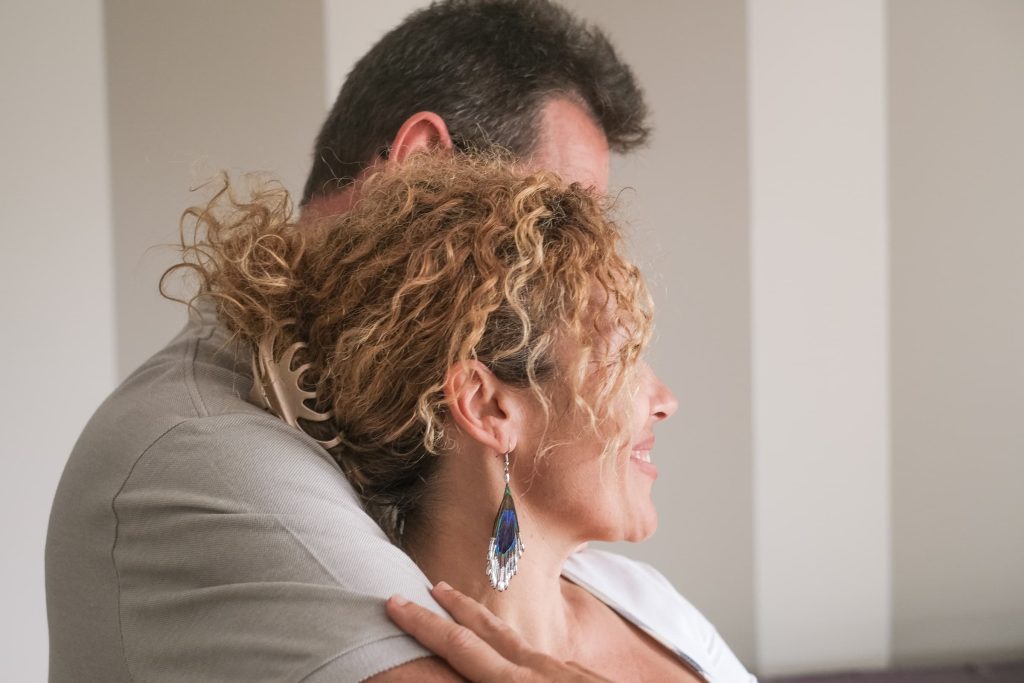The Illusion of New Beginnings
At the start of a relationship, everything feels fresh. There’s the thrill of discovery, the late-night conversations, and the excitement of imagining what the future might hold. Yet, for many people, what begins with novelty soon turns into something strangely familiar. Arguments echo past conflicts, disappointments mirror old ones, and the relationship begins to feel like a repeat performance. This phenomenon—dating déjà vu—happens when unresolved patterns from your past quietly shape your choices in love. You may believe you’re starting over, but deep down, you’re reenacting the same script with a different partner. It’s not fate conspiring against you, but unexamined habits and beliefs guiding your behavior in ways you don’t even notice.
Because these cycles can feel draining, many people look for temporary escapes rather than exploring why they keep repeating themselves. Some dive into casual dating, fill their schedules with distractions, or chase fleeting validation from apps and social media. Others may turn to indulgent outlets such as the best escort services to feel wanted or connected without risking vulnerability. While these choices can ease loneliness or frustration in the short term, they don’t break the cycle. They only delay the deeper work of asking why every relationship ends up looking the same. Until those patterns are confronted, dating déjà vu will continue to repeat.

Why the Patterns Repeat
One of the main reasons for dating déjà vu is the pull of familiarity. Human beings are wired to be drawn to what they already know, even when it’s painful. If love once felt conditional, chaotic, or distant, that version of love may feel “normal.” As a result, you unconsciously choose partners who replicate the same emotional environment.
Attachment styles also play a role. If you developed an anxious attachment early in life, you may find yourself clinging tightly to partners, which can create cycles of insecurity and conflict. If you lean toward avoidant attachment, you might repeatedly keep partners at arm’s length, sabotaging intimacy before it has the chance to grow. These styles are not destiny, but they do explain why certain patterns keep resurfacing.
Self-worth is another factor. When you don’t believe you deserve consistent, fulfilling love, you may tolerate neglect, disrespect, or imbalance in relationships. This belief shapes not only who you choose but also what you accept, locking you into the same dynamic again and again.
Unhealed wounds also push repetition. If you experienced betrayal, abandonment, or neglect in the past, you may unconsciously reenact those experiences with new partners, hoping for a different outcome. The problem is that the repetition rarely heals the wound—it only reinforces it.
Finally, the attraction to intensity over stability fuels déjà vu. If chaos or emotional highs and lows once defined love for you, calm relationships may feel boring. So you gravitate toward drama, mistaking intensity for intimacy, and end up repeating the same rollercoaster dynamics.
How to Break the Cycle
The first step to breaking dating déjà vu is awareness. Reflect on your past relationships and ask what they have in common. Were your partners emotionally distant? Did conflicts follow the same script? Did you usually feel insecure or unseen? Writing these down can help you identify patterns that are difficult to notice in the moment.
Once aware, challenge your automatic attractions. Attraction feels powerful, but it isn’t always a sign of compatibility. Pause before pursuing someone who fits the mold of past partners, and ask yourself if the draw comes from genuine alignment or simply familiarity. Choosing differently often feels uncomfortable at first, but it opens the door to healthier dynamics.
Building self-worth is essential. When you value yourself, you stop settling for relationships that replay old pain. Self-worth empowers you to set boundaries, communicate your needs, and walk away when someone cannot meet them. It shifts the focus from proving your worth to honoring it.
Another important step is practicing vulnerability with the right people. Many patterns are rooted in fear—fear of rejection, abandonment, or being unlovable. By daring to be open with someone who shows consistency and care, you begin to rewrite the story. Vulnerability transforms the script from one of repetition to one of growth.
Patience also plays a key role. Breaking cycles takes time, and the first attempts may not feel easy. But with each intentional choice, you weaken the hold of old patterns. Progress is measured not in perfection but in the willingness to choose differently, even in small ways.
In the end, dating déjà vu is not destiny—it’s a sign that your past is still writing your present. While distractions may ease the discomfort temporarily, true change comes from reflection, self-worth, and intentional action. By breaking free from familiar but unfulfilling scripts, you give yourself the chance to experience love that is not just a repeat of the past but a reflection of your growth, healing, and readiness for something real.
